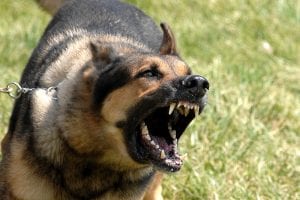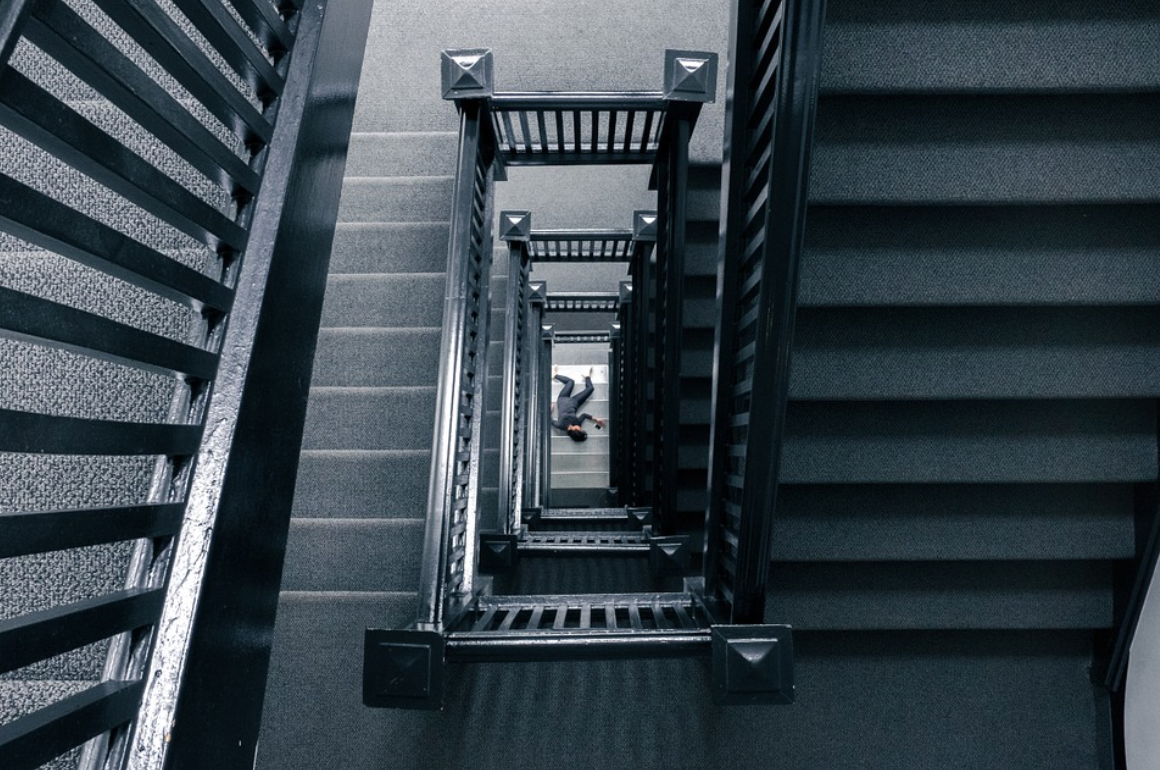Negligence is a broader term that must be proved in all types of personal injury cases, including wrongful deaths, medical malpractice, and premises liability.
Premises liability is a subset of a broader term known as negligence. Premises liability is the responsibility that a business owner, property owner, or even a tenant has to keep their premises safe for visitors, guests, and even annoying salespeople who get a literal foot in the door.
Negligence can apply to any action that could lead to another person’s harm. It includes premises liability, but negligence is a key component of any personal injury case, not just premises liability. It is one of three things that must be proved to establish liability.
Gross negligence is defined as a complete disregard of safety issues and the safety of other people. If proved, it could entitle the victim to both punitive damages and compensation for their injuries.
Typical Premises Liability Cases
You can file a premises liability lawsuit for any injury caused on private property, including business property. Owners are required to maintain a safe environment for visitors regardless of whether they are shopping at a business, visiting as friends, or just passing through your premises for any legitimate purpose.
Failure to keep your property safe and free of hazards may lead to a premises liability lawsuit if visitors get injured.

Common safety hazards on private property that might result in visitor injuries include:
- Dogs or other animals that bite, kick, or stampede
- Slips and fall hazards
- Poorly maintained swimming pools and ponds
- Dangerous areas like junkyards and wrecked auto lots
- Negligent, inadequate, or no security when warranted
- Child hazards
- Slips, falls, assault, falling merchandise, and other hazards in a retail store
- Unsafe food, inebriated servers or guests, food poisoning, fights between customers, dance floor accidents in restaurants and bars, etc.
Injuries in rentals usually don’t result in landlord liability because the tenant will be held responsible. Some exceptions include concealed and dangerous conditions the tenant didn’t know about. Landlords are also responsible for injuries caused by debris, tools, and work done when they are making repairs or doing routine maintenance.
Slips Caused by Transitory Substances
The laws regarding transitory substances vary by state, so hiring a local lawyer is always the best strategy for claiming a personal injury. For example, Florida laws exempt the property owner from liability for a slip on a transitory substance unless the victim can prove that the staff had active knowledge of the hazard.
An oil leak may cause an accident, but if the car leaked just a moment before the accident, there’s no way the garage or service station could have known about it. So, the dangerous condition must have been around long enough for reasonable people in charge to notice and correct.
The staff, property owner, or tenant should have noticed and removed the substance as a reasonable duty of care.
Qualifying Visitors
Some states make a distinction about who is able to recover damages from a premises liability case. This is based on the visitor’s status, which is commonly defined as either invitee, licensee, or trespasser. An invitee is understood to be any person visiting socially or conducting business in a store that is open to the public.
The same holds true for licensees, those people with a business relationship with the property owner. Trespassers are treated differently. Those with no valid reason for being on the property who are injured might not qualify for any compensation even if the property owner had known about the safety hazard that caused the accident.
However, if it could be proved that the owner expected somebody to trespass on their property, liability might be granted. It’s critical in these cases for the property owner not to place deliberate obstacles on their property to cause injuries, or they might face criminal charges.
Bottom Line
Negligence is a broader term that must be proved in all types of personal injury cases, including wrongful deaths, medical malpractice, and premises liability. So, premises liability is not the same as negligence although a negligent homeowner could be held responsible under premises liability laws for any injuries caused on their property due to their negligence.
In most states, hiring a premises liability lawyer can help you decide whether to pursue a personal injury case or accept the injury as mostly your own fault. If your negligent behavior contributed to the injury, the property owner might be responsible for only a small percentage of the damages, but that depends on each state’s shared fault laws.


Join the conversation!